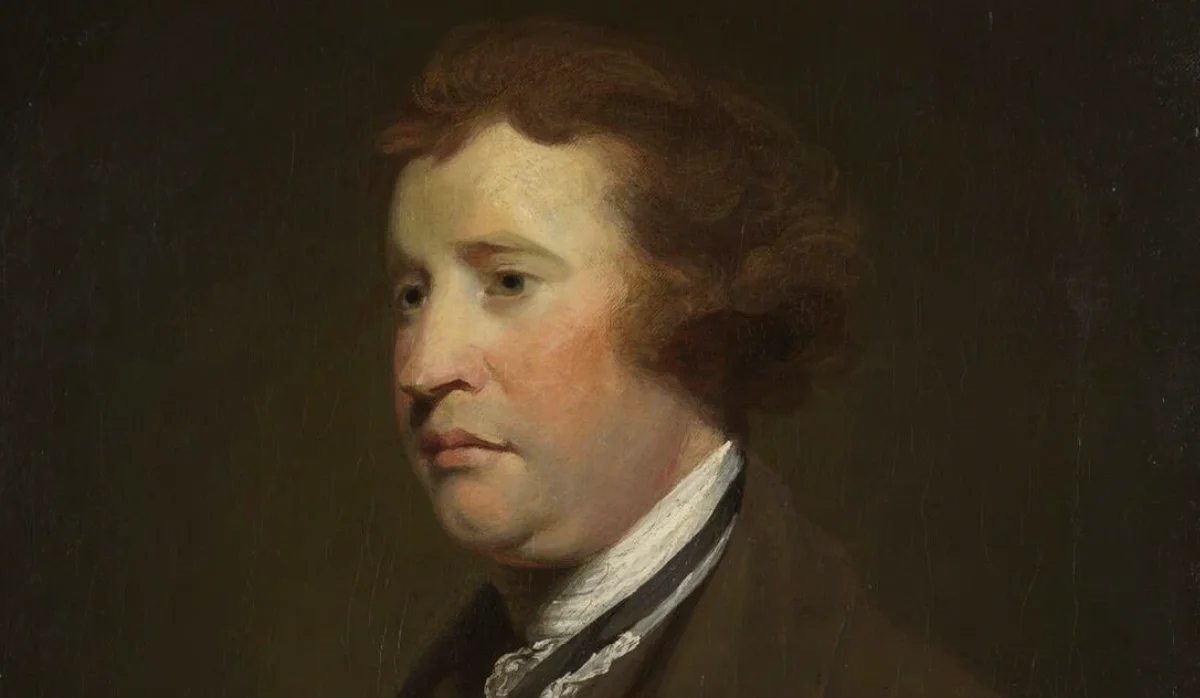How did Edmund Burke’s die?
Was it grief that killed Burke? Or something more ominous?

“Nobody made a greater mistake than he who did nothing because he could do only a little.”
— Edmund Burke
Edmund Burke was an Irish politician of Anglo-Irish heritage and a Whig Party member, widely regarded as the philosophical founder of modern Conservatism. He supported the American Revolution but opposed the French Revolution, serving in the British Parliament as a member of the House of Commons representing Wendover.
The debate club at Trinity College was known as Edmund Burke’s Club.
Despite his exceptional debating skills, Burke found himself on the losing side of most significant issues during his lengthy career in Parliament.
Personal life
His father, Richard Burke Sr., was a prominent solicitor for the Church of Ireland. Burke had one son, Richard Burke Jr., with Jane Mary Nugent.
How did Edmund Burke die?
Towards the end of his life, Burke was estranged from the Whig Party, and his son Richard died in 1794 at the age of 35, three years before Edmund Burke’s own death.
Burke lived to be 68—a long life for the time when those who survived childhood often lived into their 50s, 60s, or even 70s, especially among the wealthier and well-nourished classes.
According to A NOTE ON THE DEATH OF EDMUND BURKE, the first accounts of his death suggested “that grief for the loss of his son killed him.” According to British historian Sir Philip Magnus (1842–1931), who wrote The Life of Edmund Burke (1912), Burke “was afflicted with a slow-growing cancer […] confined apparently to the center of the stomach.”
Edmund Burke died on July 9, 1797, in Beaconsfield, Buckinghamshire, England, where he had lived in his later years.
Legacy
He wrote several books, the most well-known of which is Reflections on the Revolution in France, in which he criticizes the French Revolution and lays the foundation for modern conservatism.
Burke’s advocacy for free markets, religious tolerance, and opposition to colonial injustices remains relevant in political thought today.